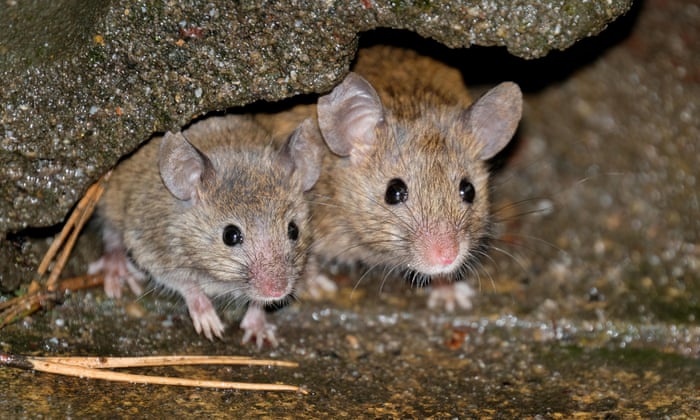
Can you hear the pitter-patter of tiny footsteps behind the skirting? Does Tom keep bringing Jerry in from the garden?
Mice are a part of British wildlife - but when they take up residence with you, they can be a cause for concern. Active all year round, mice are one of the most common pest species in the UK. Whether you’re thinking about doing some DIY pest control or you’re looking to enlist the help of a professional pest management company, this guide is for you.
Although mice are often considered to be cute by some people, they are a public health pest and can cause serious harm. Mice have been known to spread nasty diseases - such as Salmonella and Listeria - to humans through their urine, droppings and bedding. Mice have a need to mark their territory with their urine and due to their sporadic eating habits, build nests near food sources. This puts anyone with an infestation at risk of food poisoning. As they scurry around, they carry dirt and bacteria with them, transferring it to your counter tops, cabinets, pantry and anywhere else they travel. These nibbling nuisances can also cause a lot of property damage, due to their compulsive need to gnaw to maintain their teeth at a constant length. Electric cables, water and gas pipes, packaging and woodwork may all be seriously damaged by mice - many instances of electrical fires and floods have been attributed to them.
Prevention is better than cure, so let’s take a look at how we can accomplish that. Mice only need a gap of 5mm to gain entry (roughly the diameter of the eraser end of a pencil). You will need to search for any potential entry points and seal these up with wire wool embedded in quick-setting cement. You should focus on low level gaps first as these are the most likely areas for mice to enter. You can then consider any higher up vents or gaps. Check around pipes and windows, and double check the basement.

Call 08455 192 486 today to arrange a no obligation survey of your bird or pest control infestation.